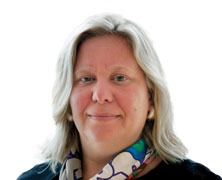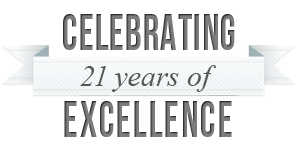Education, both inside and outside a classroom, was crucial to my success. My parents emphasized education from the beginning—not just formal schooling, but also the constant focus on being passionate about learning and doing something practical.
I’m lucky because I had the best role models: two well-educated parents. My mother started her career as a teacher and then later founded her own consulting firm, so she was able to be both creative and successful. My father is a surgeon. They both treated me as an equal to my brothers; things weren’t gender-specific. That was important in our household because the emphasis was always on hard work and being fair. For example, we were all forced to take typing class in high school because in my mother’s mind typing was a skill set everyone needed.
At home we always discussed what we wanted to do when we grew up, so that by the time it was our first year in university, we’d already had that conversation. My parents were practical about taking education and using it in our summer jobs.
I had always loved camp, so during the summer I worked in a corporate environment for two months and then for the next two months served as a camp counselor. That balance of hard work and passion was instilled in us.
I’ve learned that education is more about the broader learning environment rather than just the classroom. It’s the same in the business world; at a firm like PwC, from associate level to partner level, on-the-job learning is really where you gain the most and can really deliver to your clients.
I am fortunate that I had access to educational resources and good parents who wouldn’t let my passion die. In undeveloped countries, one of the first rights women lose in challenging times is their education. It’s always the woman who has to leave her education and support her family. In both developed and undeveloped countries, without that fundamental emphasis and commitment from society and community, women suffer the most.
If we want a just world where everyone has access to the opportunities that education provides, then we have to make a commitment, individually and in groups—families, villages, businesses, countries—to make it so. Imagine a world in which women, through education, build literacy and numeracy, engage their wide-ranging curiosity, and are able to live their dreams. That’s the kind of world I wish for everyone.







